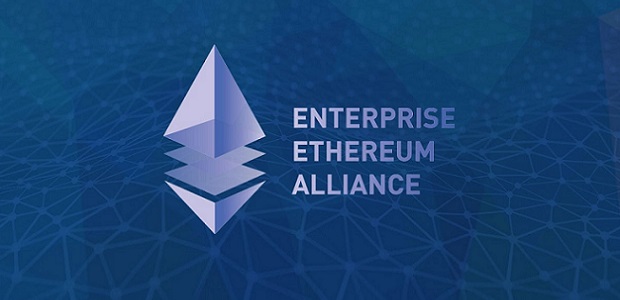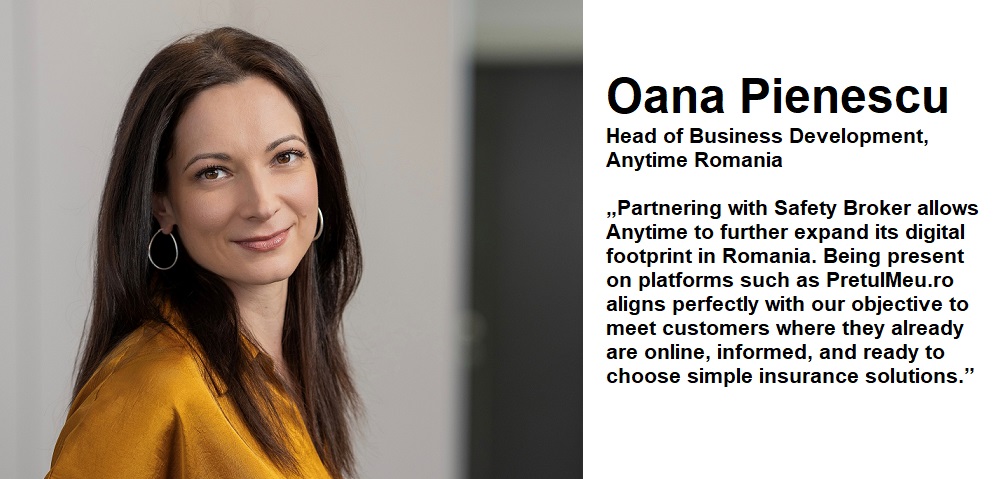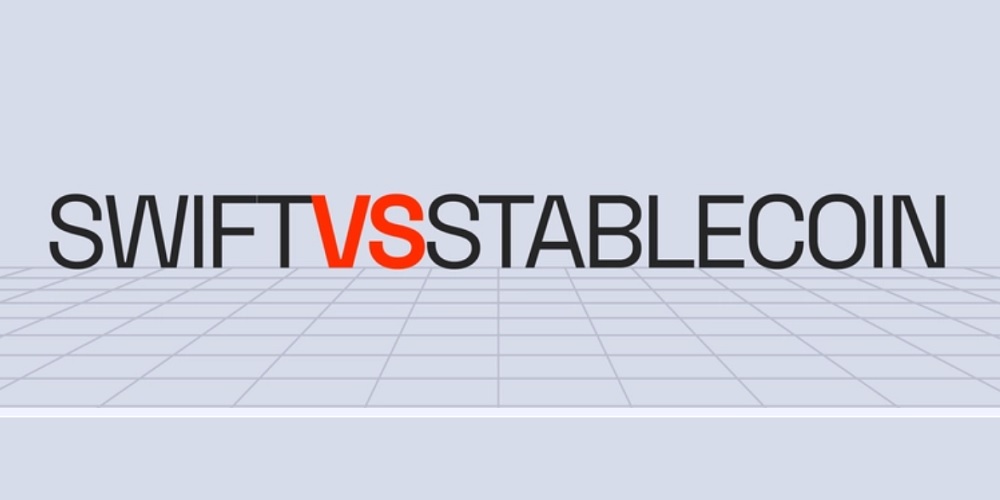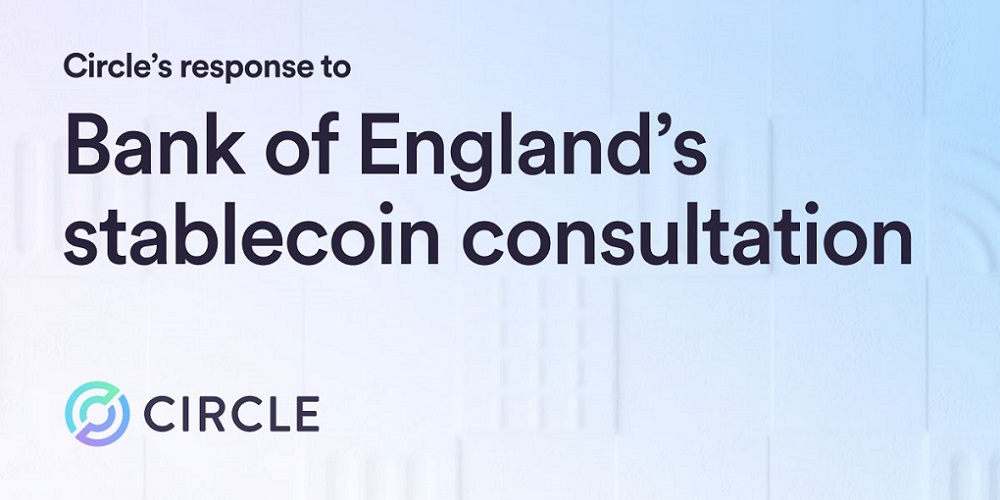Enterprise Ethereum Aliance: “lawyers are poised to serve as the catalysts for blockchain technology”

Enterprise Ethereum Alliance (EEA), the world’s largest open-source blockchain initiative, announced that 14 leading law firms and academic institutions have joined the EEA’s Legal Industry Working Group, bringing together top, global law firms and leading legal minds to explore building enterprise-grade applications on Ethereum.
Total membership exceeds 150 organizations, in less than seven months, from a wide variety of business sectors, including technology, banking, government, healthcare, energy, pharmaceuticals, marketing, and insurance, as well as a number of fast-growing Ethereum startups.
Composed of forward-looking enterprises and blockchain innovators, EEA is an industry-supported, non-profit established to build, promote, and broadly support Ethereum-based technology best practices, open standards, and open source reference architectures.
„The rapid growth of the EEA Legal Industry Working Group is emblematic of the increased interest by legal professionals in blockchain technology, and the EEA believes that the Legal Working Group will prove foundational to the success of various efforts taking place within the organization.”, according to the press release.
“We are thrilled to see robust interest in blockchain technology by forward-looking law firms and institutions,” said Aaron Wright, Chair of the EEA Legal Industry Working Group, Associate Clinical Professor and Co-Director of the Cardozo Law School’s Blockchain Project, and co-founder of the smart contract project OpenLaw, “Lawyers are poised to serve as the catalysts for blockchain technology, and the Legal Working Group will serve as a neutral space to explore blockchain-based legal technology, develop standards for “smart” legal agreements, support emerging enterprise use cases, and tackle important policy issues raised by this new impactful technology.”
Formed in February this year, the EEA is an industry-supported, not-for-profit, which is helping to evolve Ethereum into an enterprise-grade technology, providing research and development in a range of areas, including privacy, confidentiality, scalability, and security. The EEA is also investigating hybrid architectures that span both permissioned and public Ethereum networks as well as industry-specific application layer working groups.
EEA will collectively develop open industry standards and facilitate collaboration with its member base and is open to any members of the Ethereum community who wish to participate. This open source framework will enable the mass adoption at a depth and breadth otherwise unachievable in individual corporate silos and provide insight to the future of scalability, privacy, and confidentiality of the public Ethereum permissionless network.
Dariusz Mazurkiewicz – CEO at BLIK Polish Payment Standard
Banking 4.0 – „how was the experience for you”
„To be honest I think that Sinaia, your conference, is much better then Davos.”
Many more interesting quotes in the video below:










